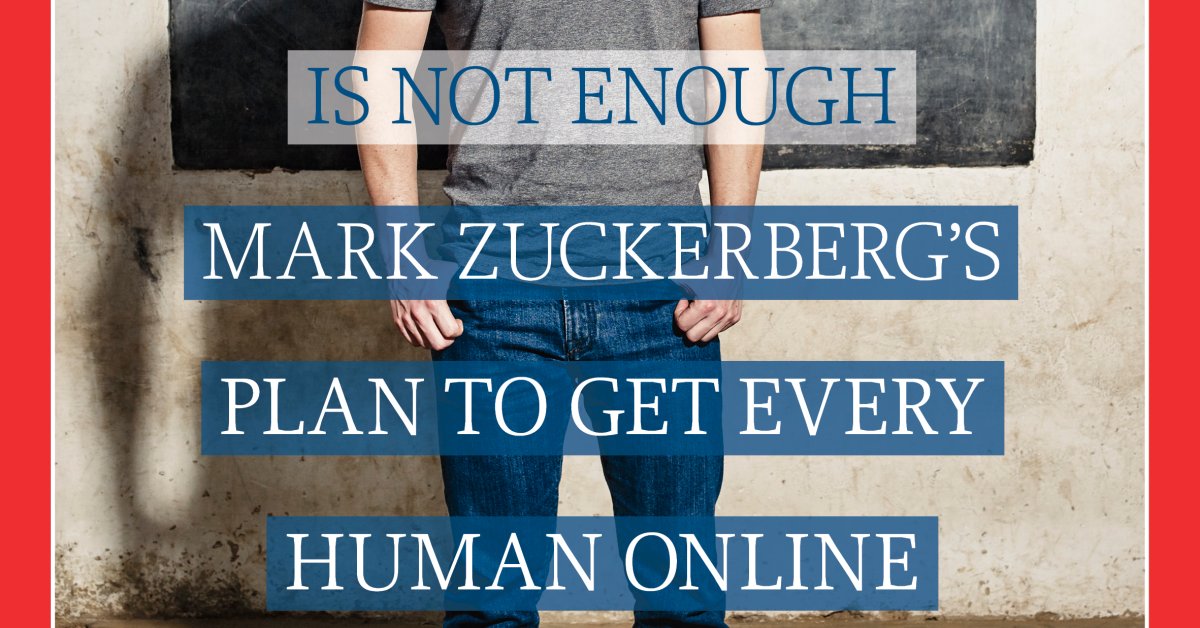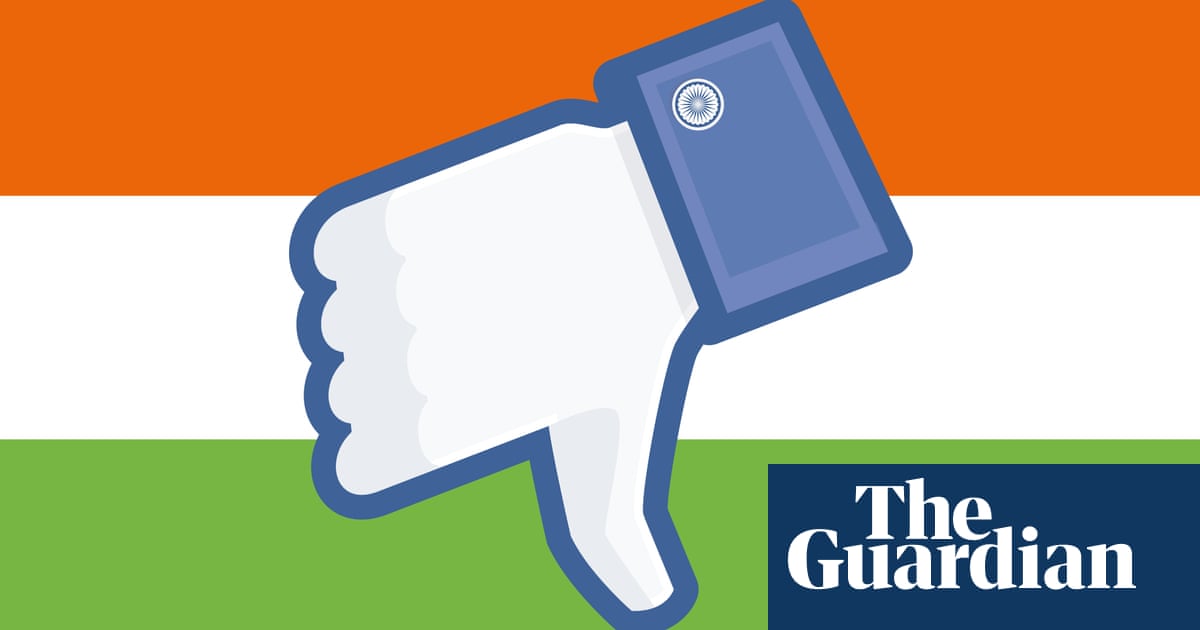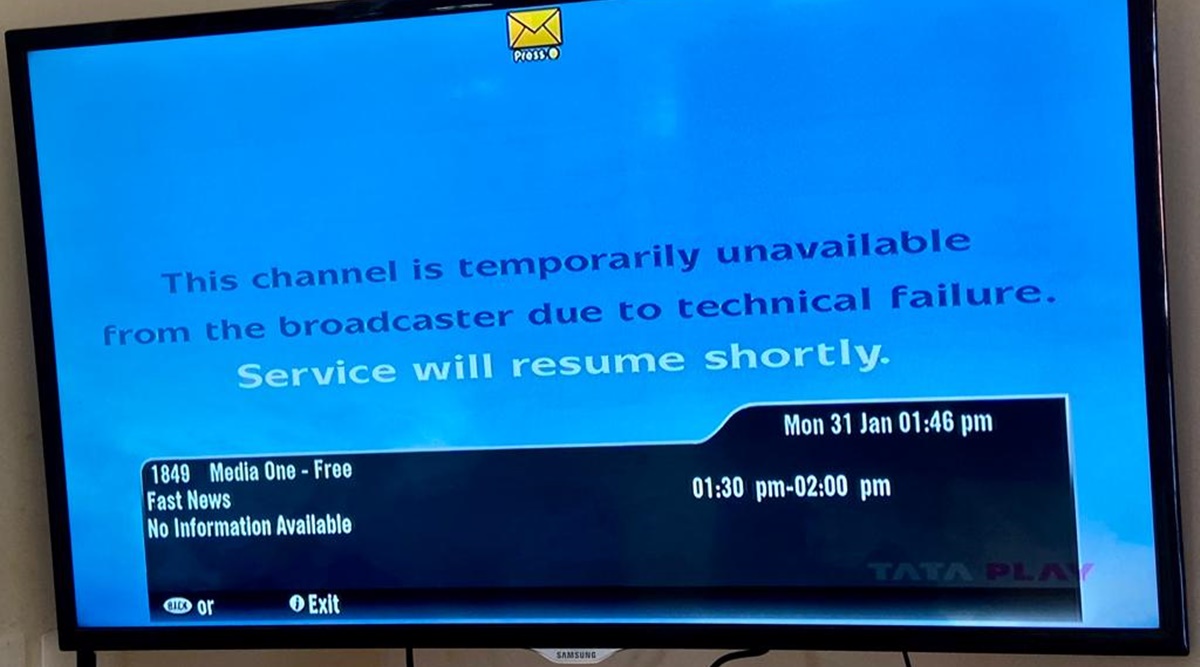
This February 5, Facebook turns eighteen. From its ambitious attempts to connecting the world to being knee-deep in controversies and ethical violations, how has the company and its founder gotten here?
The November 1 issue of Time magazine cover featured an image saying “delete” Facebook. An interestingly designed cover, where Mark Zuckerberg, the founder of Facebook, is shown behind a prompt asking to confirm the deletion of apps “Delete ‘Facebook’?” Clearly, this image or cover story is loud enough to ask the question, “has the time come for the masses to delete Facebook App from their devices?”
To see how significant a change this is, one needs to go back a little. This is not the first time Mark has been a cover feature in Time. Back in 2010, Time magazine had declared Mark Zuckerberg as their person of the year. Time’s Person of the Year is quite a prestigious ‘award,’ an annual issue featuring a person, a group, an idea, or an object that "for better or for worse... has done the most to influence the events of the year," that has been ongoing since 1927.
Now, let’s go back to another cover image and cover story of Time magazine exactly seven years back, in November of 2014. That cover image read “Half the world is not enough. Mark Zuckerberg’s plan to get every human online.” The photo of Mark Zuckerberg in the particular issue of Time magazine was taken in a ramshackled government school in the remote village of Chandauli in Alwar district, Rajasthan. The school must be about 180 kilometres away from Delhi, the capital of the country.
In 2014, Mark Zuckerberg was travelling to different parts of the world and was intentionally visiting remote locations to find out what connectivity means to people. He visited our digital centre in the same endeavour. The background of his plan to visit our rural digital resource centre located in Chandauli in Alwar was hectic, tedious, complicated and stressful; on many occasions, it seemed like it was not worth getting so much attention. However deep and impactful the work you are doing, if there is a visit of any VIP, then the whole idea of showcasing the natural ecosystem goes for a toss - everything becomes an event.

In 2014, the digital resource centre that we had established in a minority-dominated area of Alwar in Chandauli village was exclusively supported by the Ministry of Minority Affairs to try and showcase how a digital intervention in a remotely located minority community would impact the community and society at large. It must also be mentioned that the effort from the Ministry was also political as it was being planned before the time of an election. The digital resource centre which, at DEF, we officially call Community Information Resource Centre (CIRC), started well and was making a very deep impact on the local community. It suddenly became the hub of the entire village, also because it was located in a Panchayat building adjacent to a village government school. The CIRC was large and it had no less than 20 computers, all connected to the Internet and all having nice LCD displays. Additionally, the CIRC also had one separate room with a dedicated computer attached to camera, photocopier, printer, and a biometric device - all equipped to serve the community to access banking services, government entitlements and all kinds of digital services right at the doorstep of people. On weekends, young children and adults - all together used to enjoy watching movies on YouTube through the LCD projector facility that was a part of the whole digital infrastructure facilitation.
The CIRC soon became popular because it was next to a local school where there were no computers and most of the school children enrolled themselves to the CIRC to try computers and the Internet. Culturally speaking, the centre attracted senior citizens, farmers and agriculturalists to just hang out and they were never asked to leave - that gave a lot of affinity to the centre for the rest of the villagers including women and girls - as it used to be seen as a safe space.

The CIRC in Chandauli in 2014, also gives an interesting perspective that at that time Chandauli village had no Internet connection and no mobile tower used to offer adequate internet there. DEF actually brought BSNL Internet about 5-7 kilometres away and used community network methodology to bring in wireless internet to the CIRC and Panchayat Bhawan where the digital centre was located. The functionality of the Internet, and installation of solar panels to give constant power supply to the Internet tower and modems, and then making the same Internet available to local people en mass as a public service - altogether made a compelling story of how the Internet can be relevant to the rural community of farmers and labourers who were largely illiterate, uneducated, unschooled, and patriarchal.
We were in touch with Ankhi Das who was the head of public policy at Facebook and she confidentially said that “Mark” is making a visit and he would like to visit the most remote possible location where digital intervention could be seen and experienced. Certainly, DEF has been known for its digital intervention in remote areas and thus it was an obvious choice for Facebook to give the rural digital glimpse to their founder through DEF’s active centre. The choice of Chandauli being located in Alwar and the fact that Alwar is not far away from Delhi also played a decisive role in Mark Zuckerberg’s visit.

Fast forward to D-Day, we at DEF went through a crazy planning schedule and by the time the visit had happened we lost all control of our own digital centre that belonged to us and was taken over by private security folks of Facebook and their entire paraphernalia of communication team, video team, co-travellers, private journalists, and even decision-makers who instructed us “who would talk to Mark and who would not,” and “how to maintain distance, and what kind of questions our village users would be asked,” and so on. The only good news was that the entire plan of Mark Zuckerberg visiting the DEF centre in a village in Alwar was a total secret. No one knew about his arrival, till the time he landed by helicopter from Delhi. Since there is a protocol of any helicopter landing anywhere in India, the local district collector knew and from that office, news spread across Alwar district, and by the time Mark arrived at the Chandauli centre, there were many local media persons at the site.
Anyway, the message that we wanted to share here is when Mark Zuckerberg arrived and interacted with the local villagers including lots of students and children his focus was to find out how the local population access the Internet, what device they use, what data they consume and what content they look for. He was also travelling with Time magazine reporters and photographers. The Time magazine story on Mark Zuckerberg was written by Lev Grossman who also interviewed us and we are quoted in the story that is available here. If you read the title of the cover story in Time magazine, it says “Half the world is not enough. Mark Zuckerberg’s plan to get every human online.” And, we totally agree with this headline as this is exactly what he said to us and also said to the press who ultimately succeeded in meeting him in Chandauli village when he was trying to sneak away after his visit. In the conversation with DEF, Mark clearly and confidently said that he wanted to extend all support to make it possible for everyone who is unconnected to get connected. We loved his words and commitment. We also believed him because, after his formal interaction with the villagers in the four walls of the digital centre, he came out and freely started interacting with people including the local press. However, Time magazine photographer Ian Allen was constantly looking for an opportunity to take Mark to a quieter place to take his solo photo. Although the story of how Allen took Mark Zuckerberg photo in Chandauli is documented here, we can give you more details and insights.

As we described earlier, DEF’s Chandauli digital centre was located adjacent to a rural school which had no boundary, open and broken classrooms and mostly without desks and without proper blackboard. We started showing the school to Mark to give him an idea of how in Indian villages schools usually are and how the education takes place and how students in hundreds and thousands of schools receive education sitting on bare concrete or broken floors often barefoot themselves. If you read the Time magazine story here and also here, there are several photographs from the village school published. The cover image of the cover story in Time magazine was taken in a dilapidated classroom of the Chandauli government school in front of the blackboard. You can see the floor of the classroom, back wall and the horrible condition of the paints on the wall. Everything in the cover image and also a couple of more photos inside the story in the inside pages describe the horrible condition of the Indian education system, state of infrastructure, state of digital absence, the ecosystem of digital exclusion and so on. Some of the photos from the spot can be seen here.

Incidentally, there are 320 million school going students in India as calculated in 2022; spread across more than 1.5 million schools. Their fate is in the hands of no more than 7 million teachers and perhaps none of the public schools in India are connected. The potential digital consumers below 20 years of age in India in the form of education are more than the population of the entire United States of America, and yet this population in India is largely unconnected from the Internet.
When Mark Zuckerberg came to India for the first time in October 2014, and when DEF was the host of his visit in the remote Rajasthan village, every word that he said sounded like a wish list and music to our ears. However, gradually, it was understood by everyone that Zuckerberg was not really interested in connecting people, he rather wanted to figure out how he could make the entire world a consumer of Facebook. We also wrote some opeds and articles that didn't go very well with Facebook. Please read them here:

Clearly, Facebook and its founder have been constantly trying to create their own world, their own universe with their own dedicated users captivated within the world of Facebook pretty much like creating a universe of a separate cult. First, they tried by naming it Internet.Org and then they tried through FreeBasics. Incidentally, FreeBasics is a line of product of Facebook that still works in many countries on morally questionable grounds and ethically interrogatable principles. Read another article by us which describes the fallacies of FreeBasics:
How the story of the desire of Facebook to connect the entire world went wrong can be read in detail here, where journalist and writer Rahul Bhatia painstakingly describes the inside story by having talked to many people including us.

As it has been gradually observed that the popularity and usage and engagement of people at Facebook has only been growing, but what has also been growing is how Facebook has reached a point where they are questioned for: ethics, principles, bad intentions, and they have become a platform that has been alleged for creating narratives and influencing elections after elections in several countries. Besides, through several insiders at Facebook who came out in the open and revealed that Facebook has been instrumental as a platform being used for hate speech, hate messages, and they are not taking action to bring down the questionable content and content pages that have not been good for the societies and communities.
In 2018, Facebook came under criticism for the Cambridge Analytica scandal, where Facebook exposed the data of 87 million users to a researcher who worked at Cambridge Analytica, which worked for Trump’s 2016 presidential campaign.
Watch Alexandria Ocasio-Cortez, US Congress Representative for New York's 14th Congressional District, question Mark on his company’s policies on political advertising:
The EU parliament also pointed out the need for regulations and the impact Facebook has on meddling with democracies and elections:
While Cambridge Analytica was Facebook’s worst and most recognised PR disaster, the company has many more criticisms levelled against it. For instance, Facebook’s FreeBasics which was luckily thwarted in India, had serious impacts in the Philippines, where it helped the dictator Duterte’s regime come into power.
“Absent Facebook, Duterte almost assuredly would have assumed power and began his dictatorial rule over the Philippines. But Facebook’s News Feed algorithm, attenuated to surface anything that attracts attention, amplifies dictators and demagogues like Duterte. In one egregious example, a fake sex tape spread quickly through Facebook of one of Duterte’s opponents having sex with her chauffeur. “De Lima is not only screwing her driver, she is also screwing the nation,” quipped Duterte.” (Source: NYMag Intelligencer)
Our previous issues have focused on how Facebook is similarly helping spread hate speech and promote violence in India.
This report from the New York Times explains how Facebook was used, including by the Myanmar military, to incite violence and ethnic cleansing on the Rohingya community.
Facebook has had two whistleblowers who had worked inside the company turn against it and its practices. In what came to be called the Facebook papers, these internal documents show how what Zuckerberg has claimed on the congressional hearings (links above) are not in line with actual company practice.
And now, as Facebook turns eighteen this February, it faces a tirade of criticism, so much so that late last year, Time magazine’s cover story now asks the readers to “delete” Facebook. #DeleteFacebook was trending last November, so is this website that explains how and why to delete Facebook.

In Other News
As the parliament budget session is set to begin, the pegasus issue from last year has been reignited as a New York Times report has surfaced dealing how the Indian government had, in fact bought the spyware as part of an arms deal with Israel. The opposition has slammed the centre on the issue, with the Congress calling it "an act of treason," and the Shiv Sena saying it is bigger than the Watergate scandal.
In another act of censorship, the central I&B ministry has revoked the license of a popular Malayalam broadcast channel MediaOne, citing 'security concerns.' The channel has stopped broadcasting briefly, before a high court order stayed the decision until further notice.
In this year's budget announcements, the government launches digital services for mental health, and speaks of RBI's plans to launch digital currency.
DEF Updates
DEF's another major digital literacy initiative has been inaugurated in Bihar's West Champaran, aiming to help students go online and providing them necessary training.
Our COVID warriors on the ground continue their tireless effort of spreading awareness on fighting the recent surge in the pandemic numbers
Till next week, a reminder to our readers to stay safe through the Omicron wave of Covid19 surge!
































 might be?](https://sk0.blr1.cdn.digitaloceanspaces.com/sites/1394/posts/714526/dbc8de4c-5c50-411f-aba0-55cfb74a692d.jpeg)

Write a comment ...